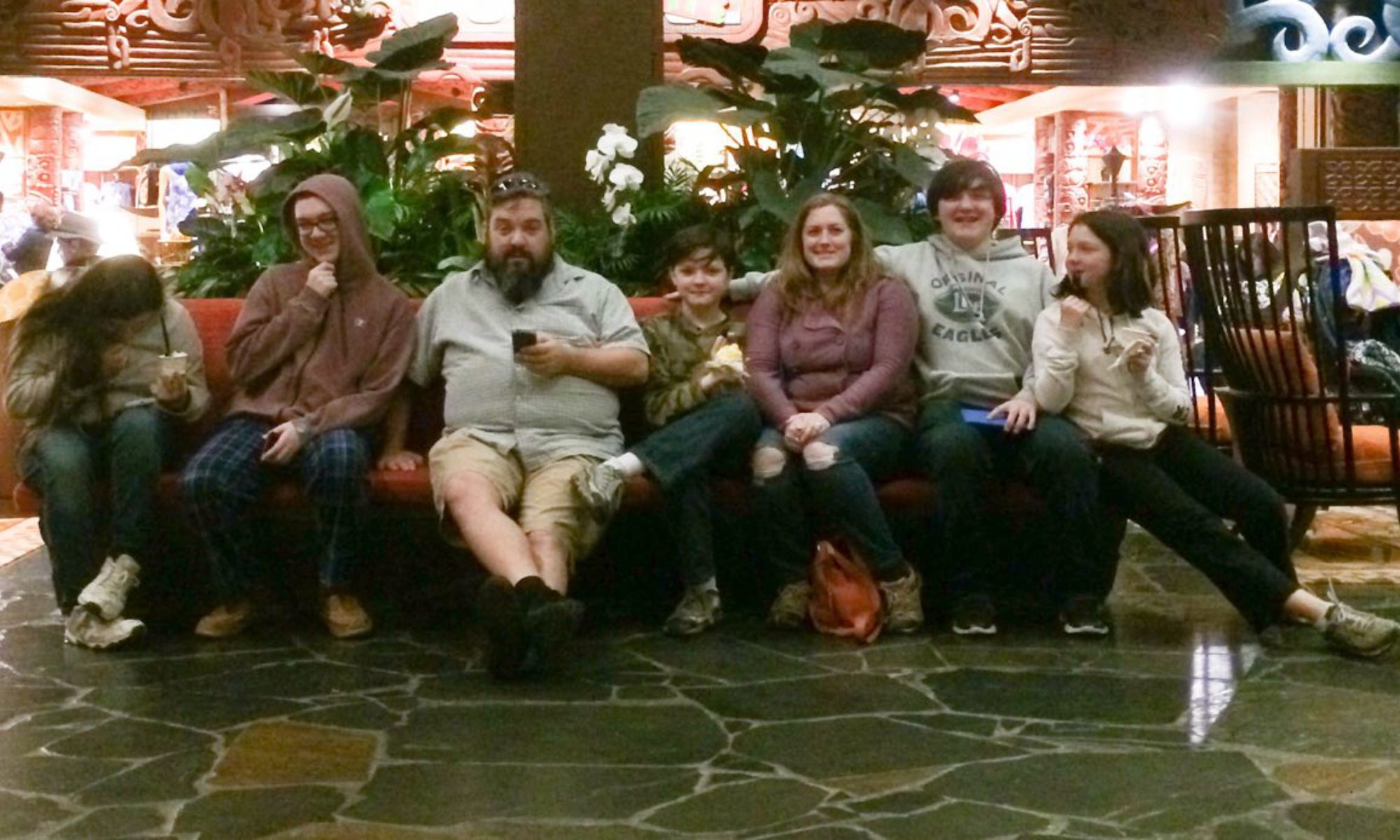Same picture (flowers in my front yard, taken with my cell phone camera), different frames.
The dark, sleek frame would work in a modern, minimalist decor. The juxtaposition of the humble flowers, one fading, with the stark, white space matting might give the viewer pause for reflection about the deeper meaning in the picture. It would display nicely on a white, gray or crimson wall.
The lighter, pastel frame would be better suited for more of a country or shabby chic, softly painted room. The (ahem) “art work” in this setting is more of a background, mood-setting piece. Its composition is not as distinctive and certainly does less to capture attention.
Sometimes in our arguments, we frame our point in our mind’s eye to be like one of these photograph/frame combinations. Our opponent visualizes the point to be more like the other. Although the photo is the same, the perspective is not.
When we communicate, how often do we ask questions to better understand how our intended audience defines their terms? How often do we stop to consider the way they are processing knowledge – their profession, their experience, their learning style, their priorities? When we do these things, we get closer to understanding each other. We get closer to objective truth.
But, we don’t ask.
Screaming crescendos ensue when we have taken the objective truth and framed it to suit our own interests.
While it can be tedious work to deconstruct artwork that has been professionally frame by someone with years of experience in their technique, sometimes it’s necessary to do if you want to use the photograph in a new home with an incompatible style.
Relationship maintenance requires that we go through this tedious assumption frame-removal process from time to time, in order to understand someone’s point, to come to an amicable agreement. ‘Thinking the best of someone’ is a great frame-deconstruction tool.
When our perspective changes, our response changes.
When our response changes, our relationship changes.
Last night, my youngest child was gleefully playing with cups in the sink while the older children were clearing the table. My husband noticed another child pouring water from cups in the sink and scolded him for playing when he ought to be working. I said, “Honey, please consider that you might not understand what’s going on here. I asked him to get the cups from the other room. Some had water in them, and he was emptying the water into the sink.” My husband promptly apologized and thanked him for bringing in the cups.
I am thankful my husband listened to facts and changed his perspective and with it his response – scolding to thankfulness. He allowed his frame (child has tendency to get distracted into play world when asked to do chores) to be deconstructed, and he was able to get to the objective truth.
Not every conflict ends this way, but we can be thankful when they do.
The goals of trust and honesty in a loving relationship dictate that we do not intentionally spin facts to win favor, but humbly present them as they are.
Trust is built when we can we lay it all out on the table, and sort out information in a united way, asking questions and listening to the answers. Keep the truth in focus, and add a bit of each other’s perspective. Solutions are the result.
When we are afraid, it is easy to slant and hide facts. When we cannot trust, we let our perspective get in the way of the truth. Habitually assigning motives and holding our perspective more valuable than the object says a lot about a relationship. Screaming crescendos, quiet bitterness, or both, are the result.
There is no fear in love.
Frames courtesy of http://www.pictureframes.com/scripts/WebObjects/PictureFrames.woa/wa/Home. Simply upload a photo and then choose the wall color, matting and frame. Enjoy!




so, true, very wise. I love the metaphor. One of the most important things I learned in freshman English is to write to your audience. No matter how great your message might be it will fall on deaf ears without the proper presentation. Thanks for reminding me of the importance of thoughtful communication :-)